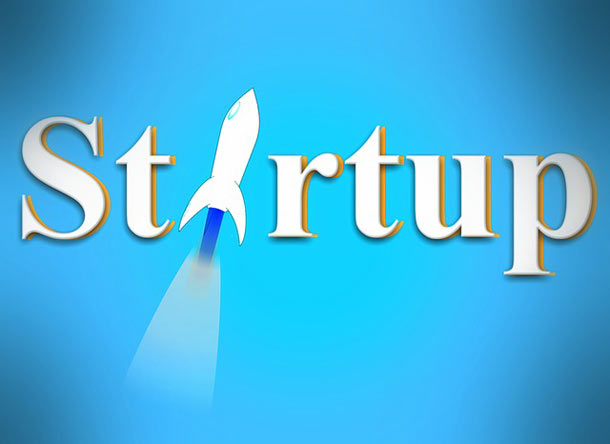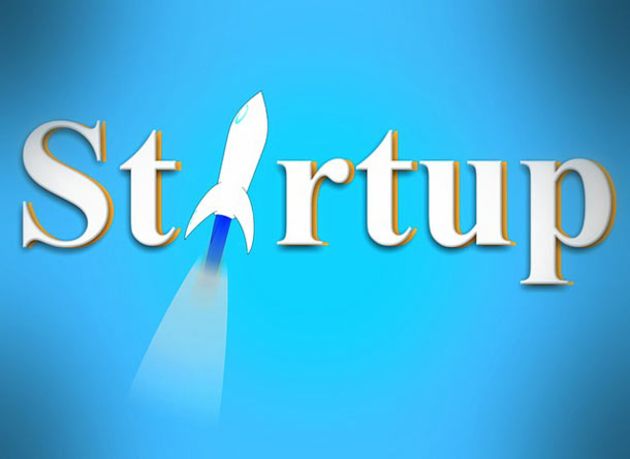French tech startups get stuck on fundraising


If technological startups were still able to easily raise funds a few years earlier to finance their development, this era is over. They had resisted better than last year, raising 13.6 billion euros (+15% over one year) – thanks for example to Sorare or ContentSquare.
In the first half of 2023, the brake is brutal. The proceeds amount to “only” 4.2 billion euros, estimates the Economic and social performance barometer of the startups of France Digitale and EY. This represents a decrease of 49% compared to the same period in 2022.
Much more cautious investors
The observation is therefore clear: “startups encounter more difficulties in raising funds, especially for Series A.” Even those who managed to raise concede “having had difficulties convincing their investors.”
These obstacles have led them to consider alternatives, bank debt and self-financing in particular. 7% of startups, faced with these barriers to financing, have simply abandoned the fundraising project.
The authors of the barometer and the entrepreneurs do not give in to pessimism nevertheless. Startups would thus have for them their agility and adaptability (or instinct of self-preservation?). “90% of them say they have adapted their strategy to the more complex global economic context.”
This adjustment is in particular the priority “given to accelerating their development to achieve profitability.”In the context of the moment, it is impossible to burn cash at a steady pace.
The key key accounts for profitability
In fact, 30% of the startups surveyed announce that they are already profitable. 55% aim for this goal within 3 years. For some sectors, the target promises to be more difficult to achieve. In the agri-food sector, 38% of startups declare that they will reach profitability within 3 to 8 years. For health, it’s 32% – and 22% for industry.
In addition, to get to the point, startups need a boost from large groups more than ever. For 60% of the startups growing between 2021 and 2022, large groups represent more than half of their orders. A contraction in demand and the consequence is immediate.
Another observation, the direct course towards profitability would not penalize hiring (too much and again). This search for economic efficiency “has limited impacts on the projections of workforce reduction in startups.”
The CSR impact is also a business issue
Thus, 92% of startups plan to recruit. Only 8% are considering layoffs in the next 12 months. The prospects are deteriorating despite everything. A year earlier, 98% expected hires.
Under financial pressure, startups would not have drawn a line on improving their impact. A third of them have already measured their social or environmental impact. The leaders are above all pragmatic.
“Two thirds of the startups that have done it believe that it is an asset to raise funds, or even that it is even essential for 10% of them,” reports the barometer. Young shoots have one more reason to be concerned about their impact.








